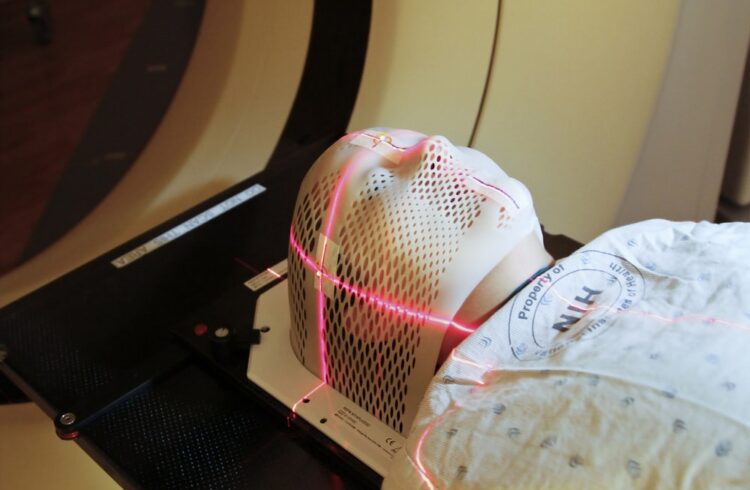Fucoidan, which is derived from brown algae, is a type of sulfated polysaccharide. Their ability to target various signaling pathways and molecular mechanisms within malignant cells gives them anticancer properties. In this blog, I would like to share the study, “Brown Seaweed Fucoidan in Cancer: Implications in Metastasis and Drug Resistance” by María Elena Reyes […]
Category: Fucoidan Research
Fucoidan, a marine-derived sulfated polysaccharide, could potentially serve as a fascinating reservoir of anti-inflammatory substances. By exploring the potential of these marine sources, it is believed that they could effectively combat inflammatory diseases while also offering a natural and less harmful alternative to the synthetic drugs currently in use. Hence, in this blog, I would […]
The purpose of this blog is to provide you with information on the study titled “Chemical Characterization and Immunomodulatory Activity of Fucoidan from Sargassum hemiphyllum (SHF)” conducted by Rui Li, et al. The study proved a theoretical basis for further development of SHF as a functional food ingredient or nutraceutical to enhance the human body’s […]
Chronic illnesses are the primary reason for global mortality, and the addition of polysaccharides to the diet is a successful and safe approach to treat chronic illnesses. Through this blog, an in-depth exploration will be conducted to examine the plausibility of a link between the increase in Lactobacillus and Allobaculum species and their impact on […]
The active crossing of the blood-brain barrier can be induced by P-selectin-targeted nanocarriers through caveolin-1-dependent transcytosis, which serves as a mediator in drug delivery through the blood-brain barrier. It is worth noting that Medulloblastoma, the most common malignant childhood brain tumor, is influenced by Sonic Hedgehog signaling in approximately 30% of cases. Vismodegib, immune therapy-mediated […]
The presence of a viral infection is frequently associated with the occurrence of pneumonia. Infants and the elderly, in particular, are susceptible to various influenza viruses, including SARS-CoV-2. Additionally, infants are prone to respiratory syncytial virus, adenovirus, human metapneumovirus, and other similar infections. Furthermore, individuals with weakened immune systems are at risk of contracting cytomegalovirus, […]
Fucoidan, which is the primary constituent of wakame, has been suggested to possess numerous mechanisms that can combat cancer. These mechanisms include the ability to induce cell cycle arrest, promote apoptosis, inhibit angiogenesis, and activate the immune system. Despite evidence of fucoidan’s impact on different HCC cells in both controlled laboratory experiments and living organisms, […]
Malignant glioma (MG) is a type of brain tumor that has a bleak outlook, as it is prone to recurrence even after comprehensive treatment, resulting in a 5-year survival rate of only around 20%. The search for safer and more effective treatments is urgently needed. In multiple studies, it has been proven that Fucoidan can […]
Cardiovascular disease (CVD), caused by endothelial dysfunction and subendothelial monocyte accumulation due to an imbalance in lipid metabolism, has led to an increasing number of deaths worldwide from CVD over the past decade, according to reports. CVD is already the leading cause of human death worldwide. Monocyte-derived macrophages are unable to effectively alleviate the inflammatory […]
The immunosuppression that is known to occur as a result of cancer chemotherapy application is widely considered to be a harmful side effect. This side effect not only poses a risk of infection but also has the potential to significantly reduce the overall quality of life for patients undergoing this treatment. Hence, in this blog, […]






